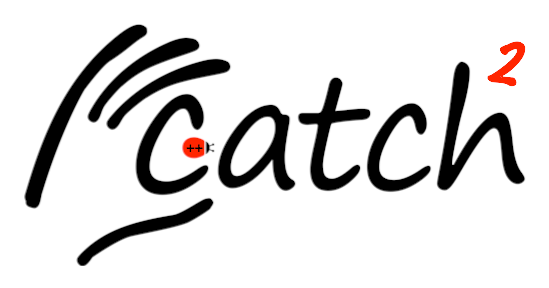Move test discovery logic into new catch_discover_tests_impl method and make CatchAddTests aware of whether it is being launched in CMake's script mode. When launched in script mode, catch_discover_tests_impl is called passing arguments obtained from the definitions passed into the call to cmake. This preserves the existing behavior assumed by Catch.cmake. Looking ahead, it also allows CatchAddTests to be included in generated files and call catch_discover_tests_impl to perform test discovery at test runtime with the new PRE_TEST discovery mode introduced later.
What is Catch2?
Catch2 is mainly a unit testing framework for C++, but it also provides basic micro-benchmarking features, and simple BDD macros.
Catch2's main advantage is that using it is both simple and natural. Test names do not have to be valid identifiers, assertions look like normal C++ boolean expressions, and sections provide a nice and local way to share set-up and tear-down code in tests.
Example unit test
#include <catch2/catch_test_macros.hpp>
#include <cstdint>
uint32_t factorial( uint32_t number ) {
return number <= 1 ? number : factorial(number-1) * number;
}
TEST_CASE( "Factorials are computed", "[factorial]" ) {
REQUIRE( factorial( 1) == 1 );
REQUIRE( factorial( 2) == 2 );
REQUIRE( factorial( 3) == 6 );
REQUIRE( factorial(10) == 3'628'800 );
}
Example microbenchmark
#include <catch2/catch_test_macros.hpp>
#include <catch2/benchmark/catch_benchmark.hpp>
#include <cstdint>
uint64_t fibonacci(uint64_t number) {
return number < 2 ? number : fibonacci(number - 1) + fibonacci(number - 2);
}
TEST_CASE("Benchmark Fibonacci", "[!benchmark]") {
REQUIRE(fibonacci(5) == 5);
REQUIRE(fibonacci(20) == 6'765);
BENCHMARK("fibonacci 20") {
return fibonacci(20);
};
REQUIRE(fibonacci(25) == 75'025);
BENCHMARK("fibonacci 25") {
return fibonacci(25);
};
}
Note that benchmarks are not run by default, so you need to run it explicitly
with the [!benchmark] tag.
Catch2 v3 has been released!
You are on the devel branch, where the v3 version is being developed.
v3 brings a bunch of significant changes, the big one being that Catch2
is no longer a single-header library. Catch2 now behaves as a normal
library, with multiple headers and separately compiled implementation.
The documentation is slowly being updated to take these changes into account, but this work is currently still ongoing.
For migrating from the v2 releases to v3, you should look at our documentation. It provides a simple guidelines on getting started, and collects most common migration problems.
For the previous major version of Catch2 look into the v2.x branch
here on GitHub.
How to use it
This documentation comprises these three parts:
- Why do we need yet another C++ Test Framework?
- Tutorial - getting started
- Reference section - all the details
More
- Issues and bugs can be raised on the Issue tracker on GitHub
- For discussion or questions please use our Discord
- See who else is using Catch2 in Open Source Software or commercially.



